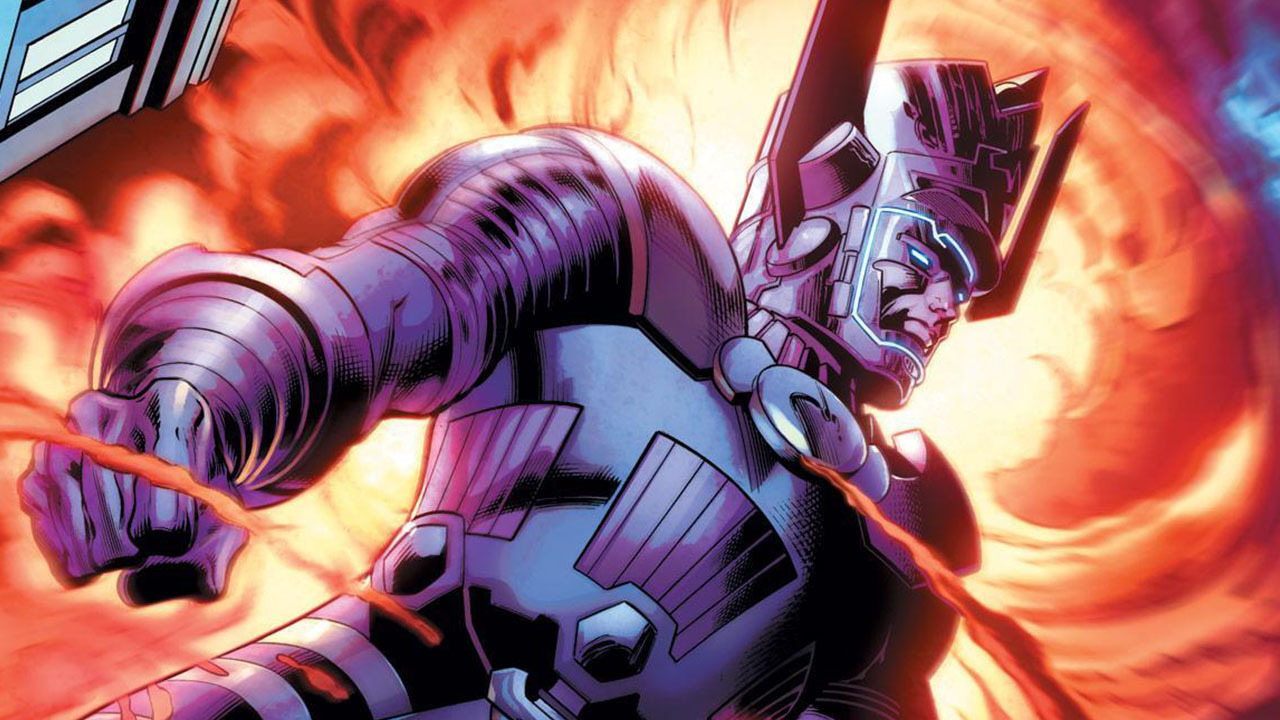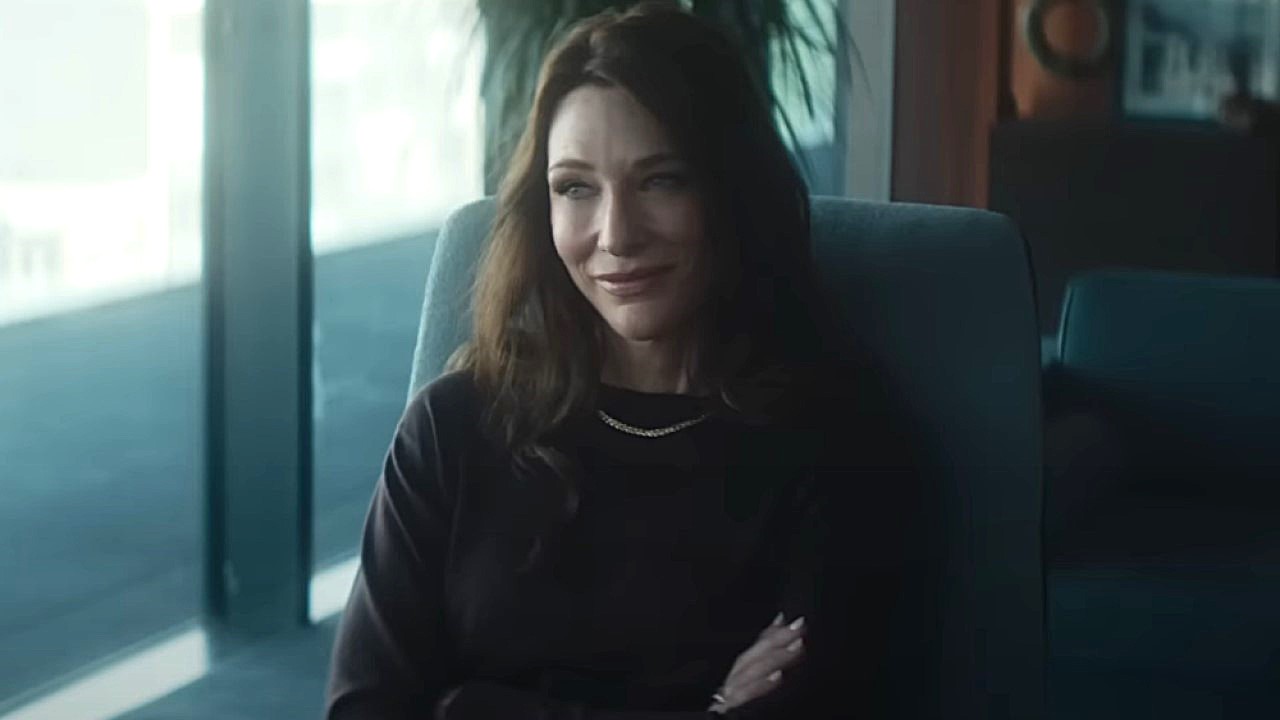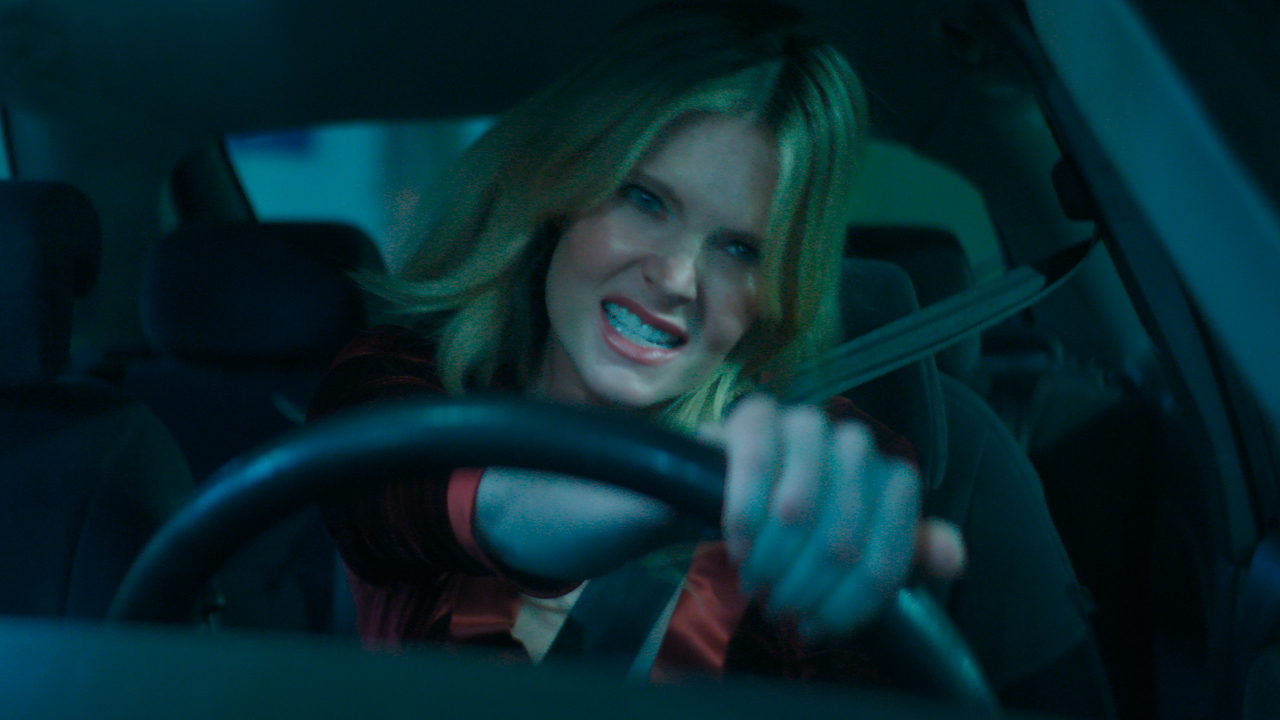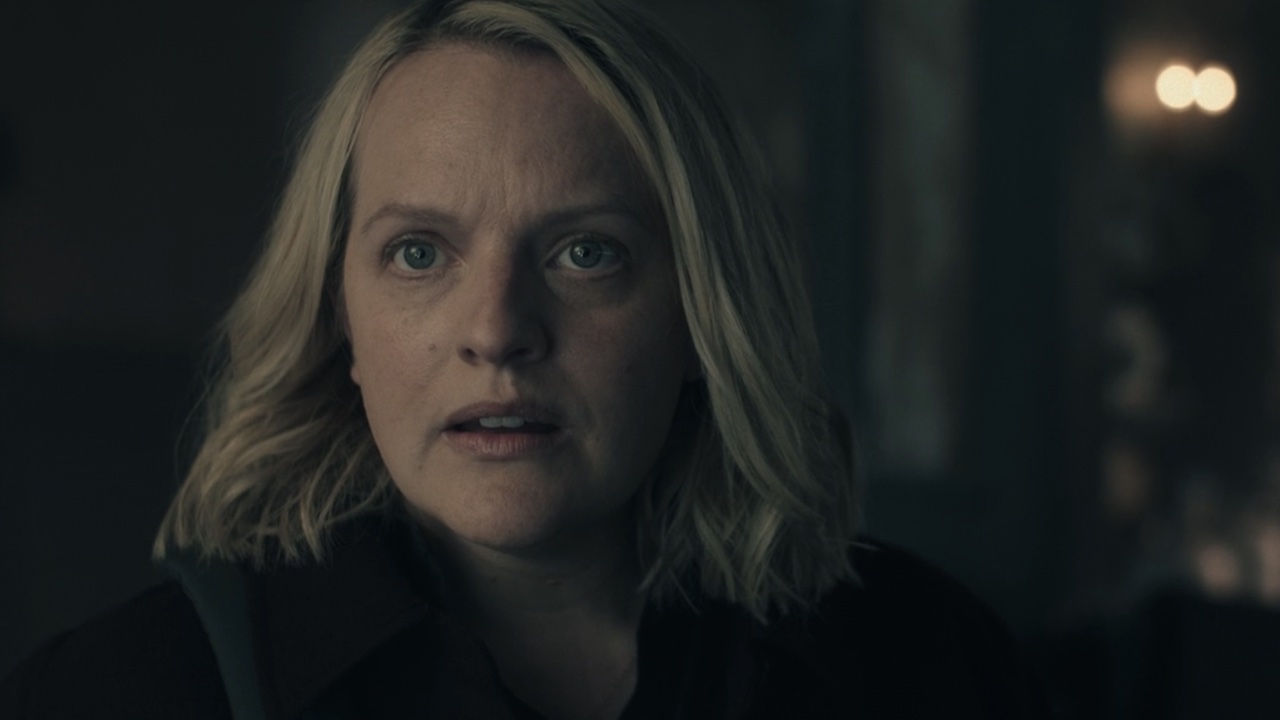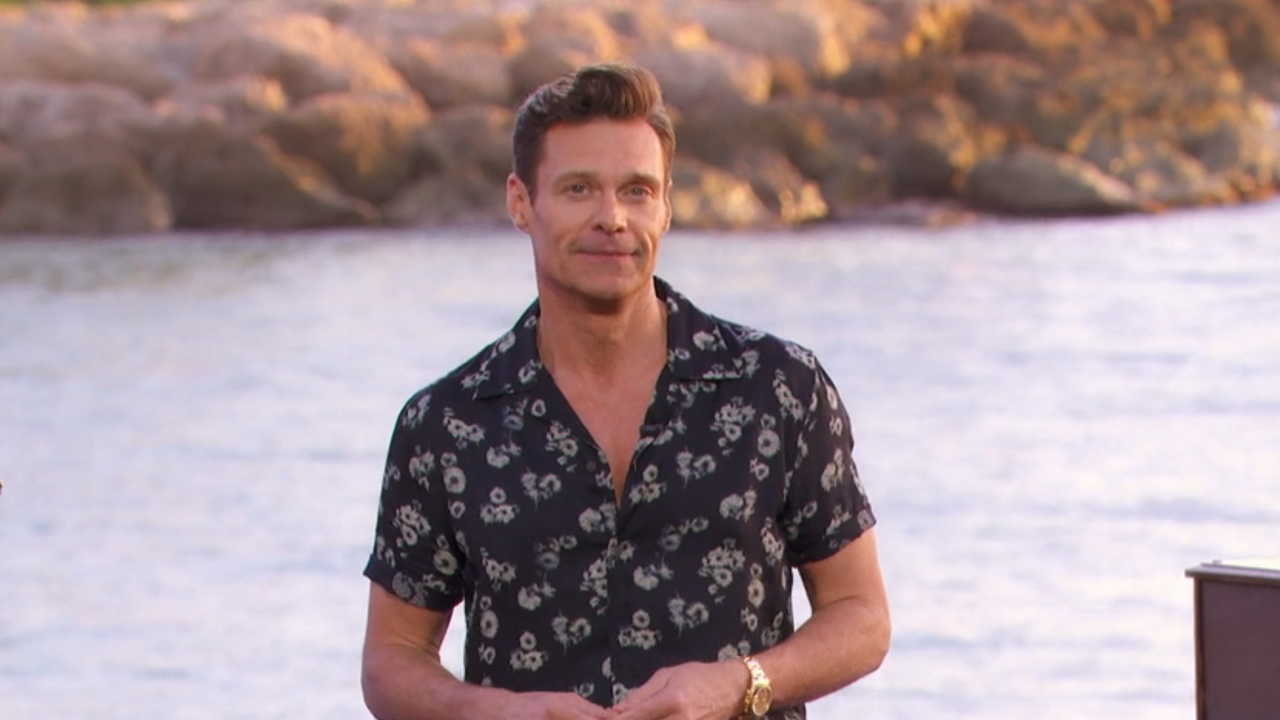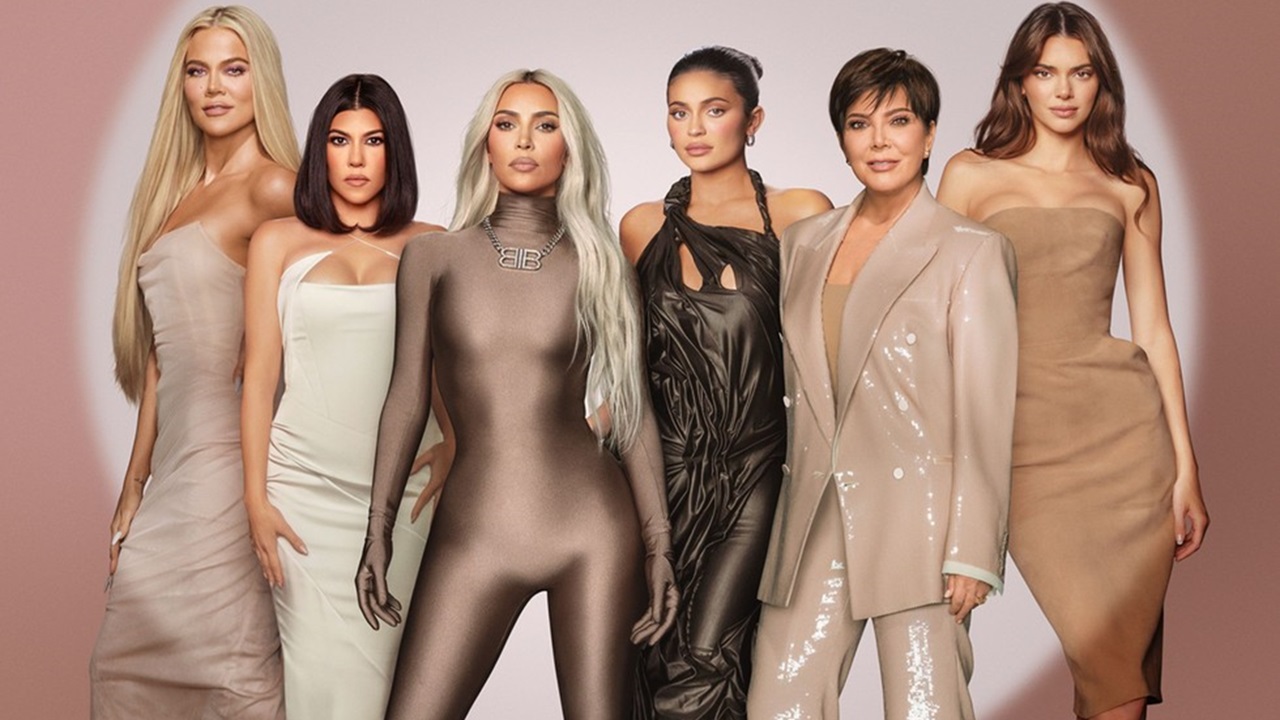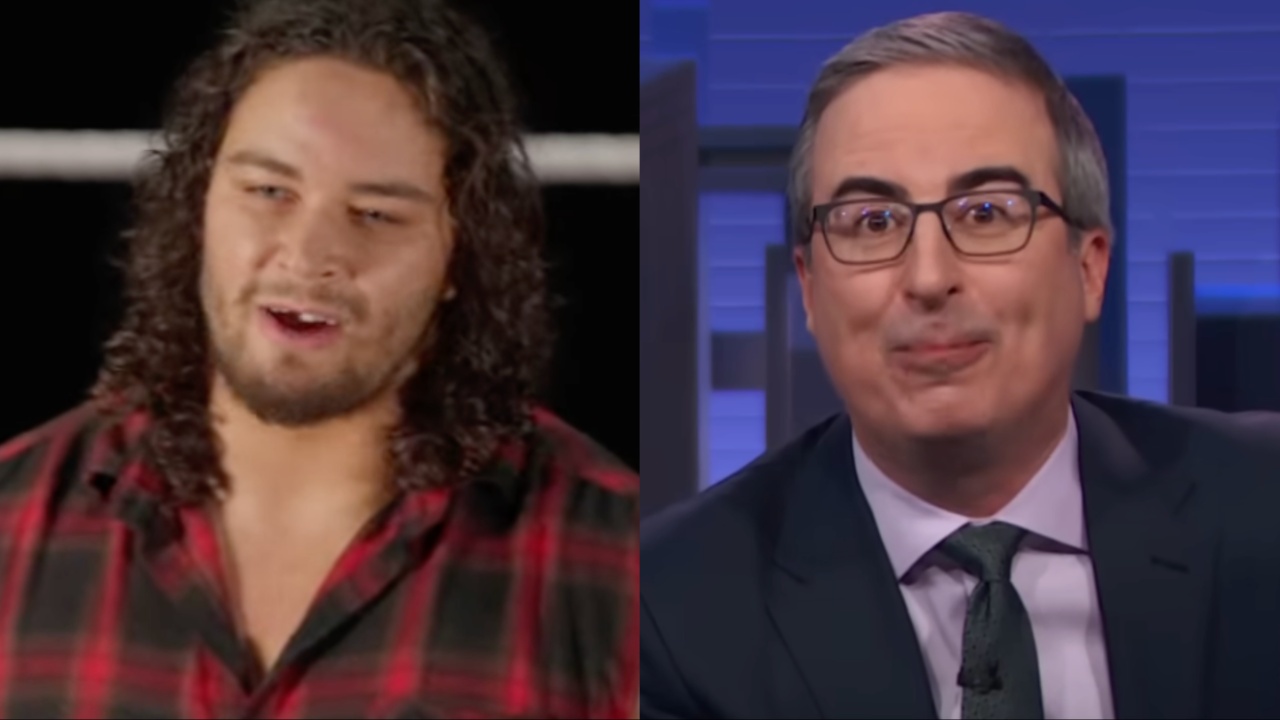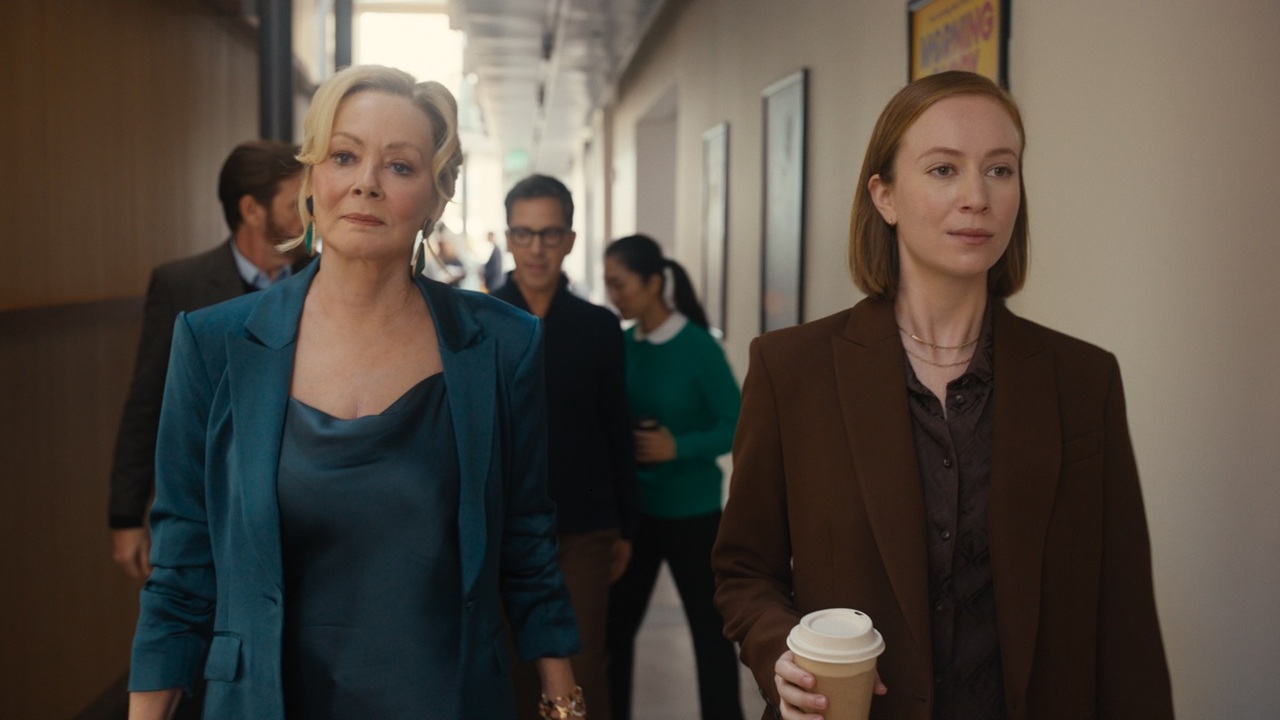I Think Top Chef's Immunity Rule Change Was Smart, But The Latest Elimination Highlighted Its Biggest Flaw
There are pros and cons.
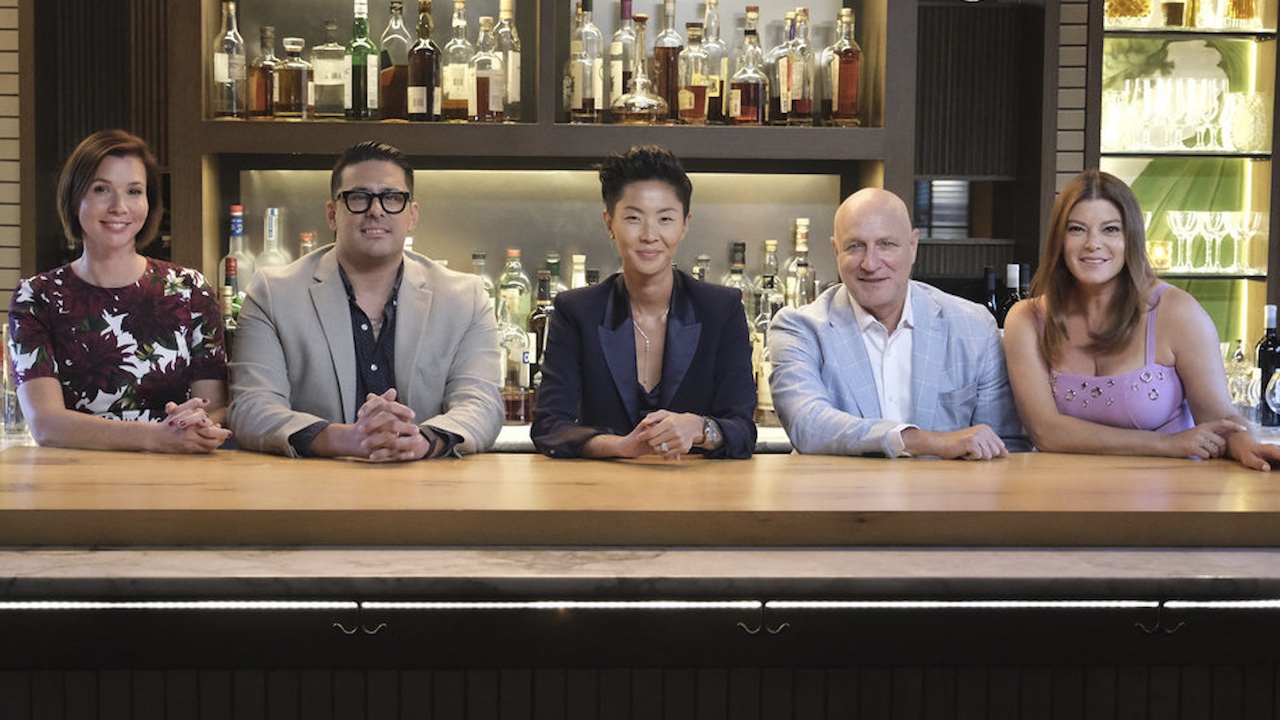
Spoilers below for the latest episode of Top Chef for anyone woho hasn't yet watched on Bravo or with a Peacock subscription.
Going into the Wisconsin-set Season 21, Top Chef was already going to be a slightly different experience for fans, with longtime host Padma Lakshmi exiting, and fun-to-watch former champ Kristen Kish taking over as the new frontwoman. But the newest round of episodes also introduced another huge change involving how contestants are able to achieve immunity status. And while I think it was a very smart move to tie that reward directly to each episode’s elimination challenge, it’s had an adverse effect, and Charly Pierre’s elimination in “Supper Club” was proof.
Why Giving Immunity To Elimination Challenge Winners Is Smart
For many years, I'd wondered why Top Chef's competition was always structured to give the biggest in-game advantages to winners of the Quickfire Challenge and not the part of the show that's truly meant to showcase their talents. It'd be like letting NFL playoffs letting teams advance for how they did in the first quarter, instead of how the game actually ended.
So by swapping things out and making it so that immunity is granted to each ep's big winner, Top Chef raised the stakes quite significantly for the challenges that already take up the most airtime each week. It more or less eliminated the idea of chefs playing it too safe, with everyone now continuously driven by the goal of winning that immunity.
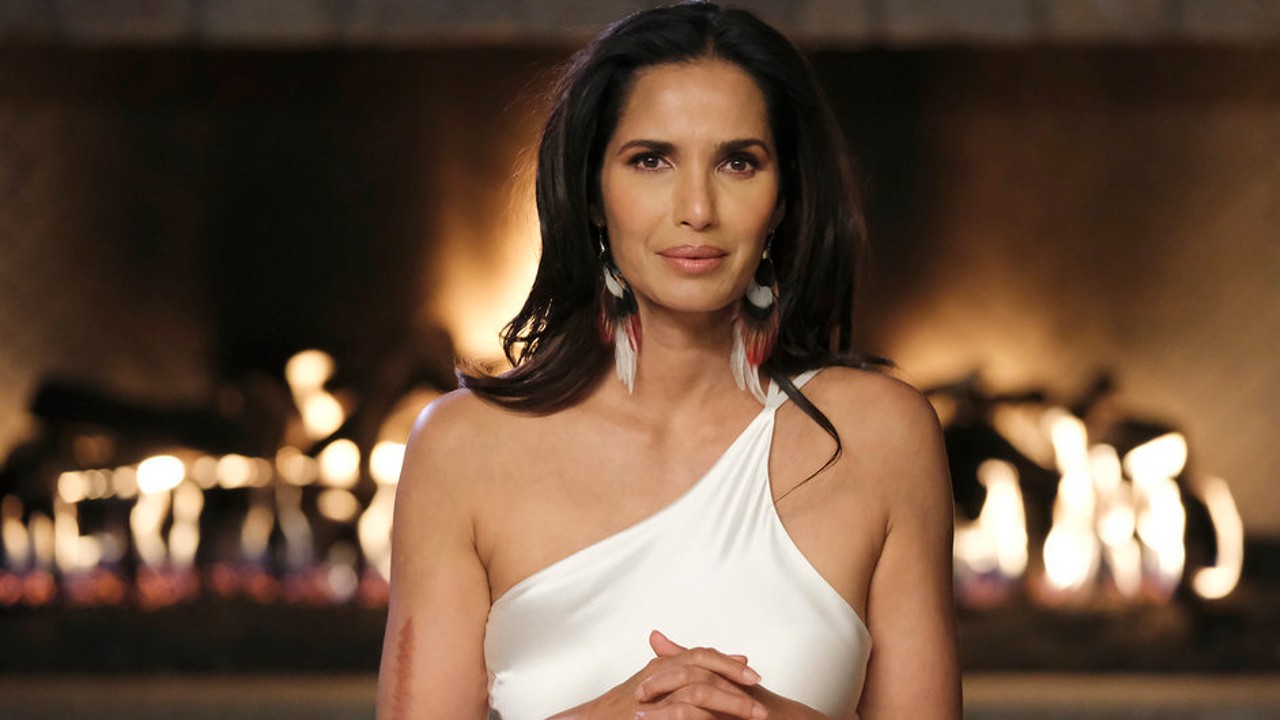
Obviously the eliminations themselves are the biggest takeaway from the more extensive challenges that are set up for the contestants, but I think giving everyone a more dire reason to win those adds value for audiences, since there's only so much joy a viewer can get out of seeing someone win $10,000 sponsored by whatever food or beverage company.
But Quickfire Challenges Feel Unnecessary Now
As much as I genuinely enjoy Top Chef’s Quickfires for their bursts of creativity and oddball stipulations, the prospect of chefs achieving immunity provided nearly all of the stakes that make them fun to watch. But without that stipulation heightening the drama, then the early cooks are more comparable to watching a random Food Network series rather than TV’s most regal food competition.
Don’t get me wrong, I’ve enjoyed watching chefs I’m pulling for rising above the rest and cementing their Quickfire victories. But I can’t exactly say the $5,000-$10,000 prizes make those challenges more fun or compelling to watch, especially if that’s the only takeaway from the round. Because if the two challenges aren’t directly impactful on each other, then what’s the point of even having Quickfires anymore? Just throw some additional money-specific requirements in the elimination portion rather than forcing the chefs to waste time and energy, as well as the food supply, for solely financial gains.
CINEMABLEND NEWSLETTER
Your Daily Blend of Entertainment News
Charly's Elimination Proved That Quickfire Wins Don't Really Matter Now
The first challenge for “Supper Club” welcomed guest judge W. Kamau Bell, and tasked the contestants with creating dishes inspired by sauces from the late chef Carson Gulley. Charly Pierre delivered the goods with his creole sauce dish — fitting for the New Orleans resident — and was only too happy with the financial gains. But things went south for the Massachusetts native during the big team challenge, and he was told to pack his knives after delivering a less than desirable plate of fried trout and lemon pikliz.
Thus, audiences witnessed the extremely rare instance of a Top Chef contestant winning a Quickfire and then being sent home in the same episode. (Or sent to Last Chance Kitchen, technically.) And while I guess that presents something different that wasn’t as much of a worry in the past, it further highlights how little influence the first round had. The episode would have feasibly ended the same way even if Charly hadn’t won some moolah early on, and that’s not ideal for a show whose judges aren’t always fond of needless garnishes.
Easy Fix: Give Quickfire Winners A Slight Advantage In Elimination Challenges
As much as I never want Top Chef to tumble down the rabbit hole of endless TV gimmicks by way of rule tweaks, I think possibly the only way to bring the balance back to the Quickfire is to give the winner some form of advantage going into the second challenge. For instance, Charly could have picked his teammates for “Supper Club,” or maybe his team could have been given an extra 15 minutes of prep time, or he could have been given the choice to trade in some of his prize money for extra grocery budget.
To be sure, I don’t want the advantage to be so huge that it’s nearly equivalent to immunity. I just want there to be some kind of reason for Quickfires to have stakes and still matter to viewers, rather than solely being a means for the chefs to boost their bank accounts.
Also, I’m not taking issue with Charly’s elimination in and of itself here, even though I have really enjoyed watching him across the first five episodes. To the contrary, I think the judges’ decision was highly respectable, since Charly’s dish seemingly wasn’t directly affected by Laura blowing up the budget with her Four Leches dessert the way that Danny Garcia’s relish app was.
My issue here is solely with the Quickfire’s importance being extremely watered down, to the point where the fourth episode did away with it entirely, and it changed zilch. I’m not sure if the producers did that to test the waters for a future where those opening acts are removed, but if that’s what has to happen, so be it.
Given how Tom Collichio is hitting comment sections to clue fans in on how the show works whenever questions come up, I can only assume he'd easily school me for my thoughts here, but I still stand by them.
Top Chef: Wisconsin airs Wednesday nights on Bravo at 9:00 p.m. ET, with episodes of Last Chance Kitchen streaming with a Peacock subscription. Head to our 2024 TV schedule to see what other food shows will be popping up in the near future.

Nick is a Cajun Country native and an Assistant Managing Editor with a focus on TV and features. His humble origin story with CinemaBlend began all the way back in the pre-streaming era, circa 2009, as a freelancing DVD reviewer and TV recapper. Nick leapfrogged over to the small screen to cover more and more television news and interviews, eventually taking over the section for the current era and covering topics like Yellowstone, The Walking Dead and horror. Born in Louisiana and currently living in Texas — Who Dat Nation over America’s Team all day, all night — Nick spent several years in the hospitality industry, and also worked as a 911 operator. If you ever happened to hear his music or read his comics/short stories, you have his sympathy.
